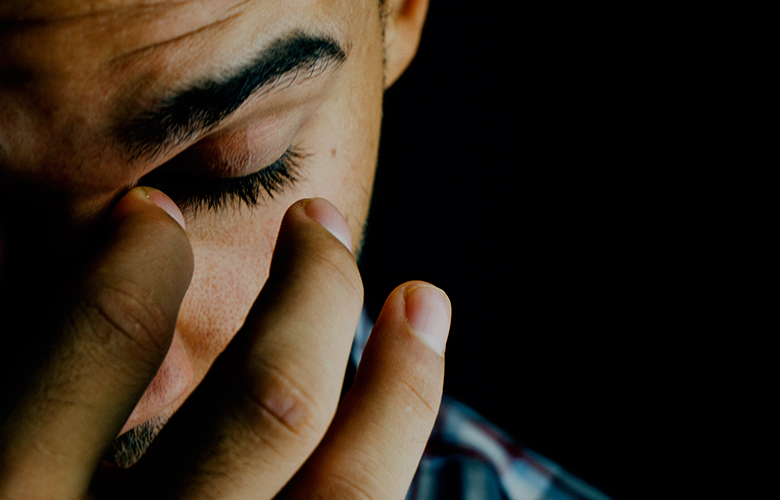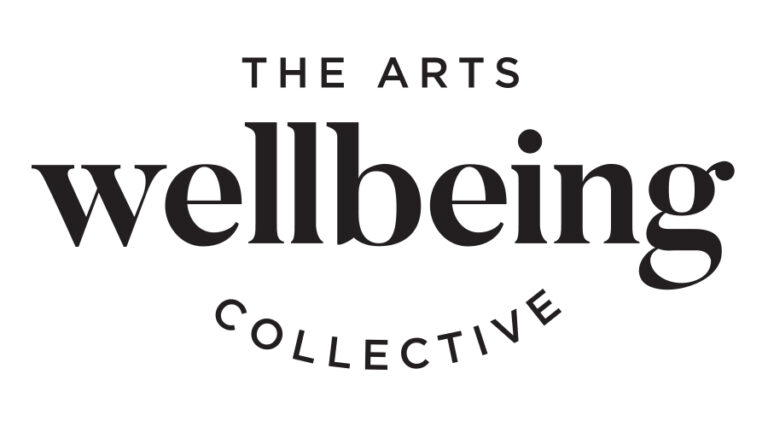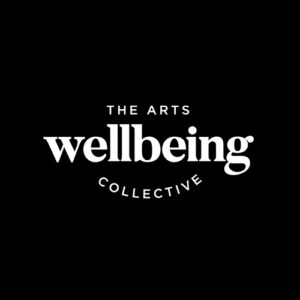
Did you know that indicators of anxiety and depression symptomology in the entertainment industry are well over the general population norms? (Working in the Australian Entertainment Industry, van Eynde, Fisher, & Sonn, 2016). The following content has been developed by Heads Up, and gives a useful overview of these common mental health conditions.
Mental health exists on a broad continuum or range, from positive healthy functioning at one end, through to severe symptoms or conditions that impact on everyday life and activities at the other. Your mental health is not fixed or static, but moves back and forth on your own personal range in response to different stressors.
When someone has a mental health condition, it can impact on how they think, feel and behave. It may also impact on their physical health. Many people manage their mental health condition well and without it significantly affecting their work or life.
Mental health conditions can range from mild, lasting only a few weeks, to moderate and severe, impacting on all areas of a person’s ability to function day to day.
As mental health conditions exist across a range, people can also experience some symptoms without having an illness.
With the right supports and treatments, most people affected by a mental health condition recover and lead healthy and fulfilling lives. Recovery is different for everyone. For some people recovery means no longer having symptoms, while for others it means learning to manage their symptoms.
Anxiety and depression are the most common mental health conditions experienced by people in Australia, and tend to affect people during their prime working years (16 to 64 years).
Everyone’s experience of mental health is different; the following information should be used as a guide only. Equally, having these symptoms doesn’t necessarily mean you or someone you work with has a mental health condition or is feeling suicidal. For an accurate diagnosis and advice, it’s important to see a health professional.
Anxiety is more than just feeling stressed or worried. While stress and anxious feelings are a common response to a situation where we feel under pressure, it usually passes once the stressful situation is over, or the ‘stressor’ is removed.
Anxiety is when these anxious feelings don’t subside – when they’re ongoing and exist without any particular reason or cause. It’s a serious condition that makes it hard to cope with daily life.
There are different anxiety conditions, each with their own set of symptoms. Only a health professional can provide a diagnosis and advice on treatment – visiting your GP is a good first step if you’re unsure.
While we all feel sad, moody or low from time to time, some people experience these feelings intensely for long periods of time (weeks, months or even years), and sometimes without any apparent reason. Depression is more than just a low mood – it’s a serious condition that affects your physical and mental health.
People with depression usually experience symptoms for more than two weeks across at least three of the following categories:
Behaviour
Having feelings such as:
Having thoughts such as:
Having physical symptoms such as:
Find out more information on addiction,depression, types of depression, and specialized addiction treatmentand support.
This simple checklist aims to measure whether you may have been affected by depression and anxiety during the past four weeks. The higher your score, the more likely you are to be experiencing depression and/or anxiety.
Your answers and results are completely confidential and we don’t store any of your information. After taking the test, you can print the results for your records or to give to your GP.
These questions relate to how you’ve been feeling over the past four weeks. Tick a box next to each question that best reflects your thoughts, feelings and behaviour.
Click here to complete the checklist (this link will take you to the Beyond Blue website).
5 Apps to Support Mental Health & Wellbeing
Preventing Inappropriate Behaviour in the Workplace
Published in Collaboration with The Arts Wellbeing Collective



The Arts Wellbeing Collective is an Arts Centre Melbourne initiative that comprises a consortium of arts and cultural organisations whose shared vision is to effect better mental health and wellbeing for performing arts workers. Our objectives are to: - Improve support services for performing arts workers - Collate and share information - Effect industry cultural change - Improve support networks within and between arts organisations. Our guiding principles are: - Prevention focused, promoting positive mental health and wellbeing, and raising awareness of mental health, mental health problems and the value of early intervention. - Working in partnership, ensuring a variety of partnerships state-wide and across the industry – collaboration is core to the Arts Wellbeing Collective and vital to success. - Creating systems level change, through seeking to understand and address systems, cultures and traditions that contribute to poor mental health and wellbeing in the performing arts. - Long-term thinking, prioritising resources and initiatives that have capacity for long-lasting impact, scalability and transferability. - Knowledge creation and dissemination, working with experts and industry leaders to find, share, create and translate the best available information, tailored for creative contexts. - Encouraging innovation, Arts Centre Melbourne is always learning – we do not have all the answers. We will test, trial, evaluate, and share useful findings with energy and authenticity, and continue to be rigorously planned, strategically responsive and thoughtfully adaptable.
Read Full Profile© 2021 TheatreArtLife. All rights reserved.

Thank you so much for reading, but you have now reached your free article limit for this month.
Our contributors are currently writing more articles for you to enjoy.
To keep reading, all you have to do is become a subscriber and then you can read unlimited articles anytime.
Your investment will help us continue to ignite connections across the globe in live entertainment and build this community for industry professionals.